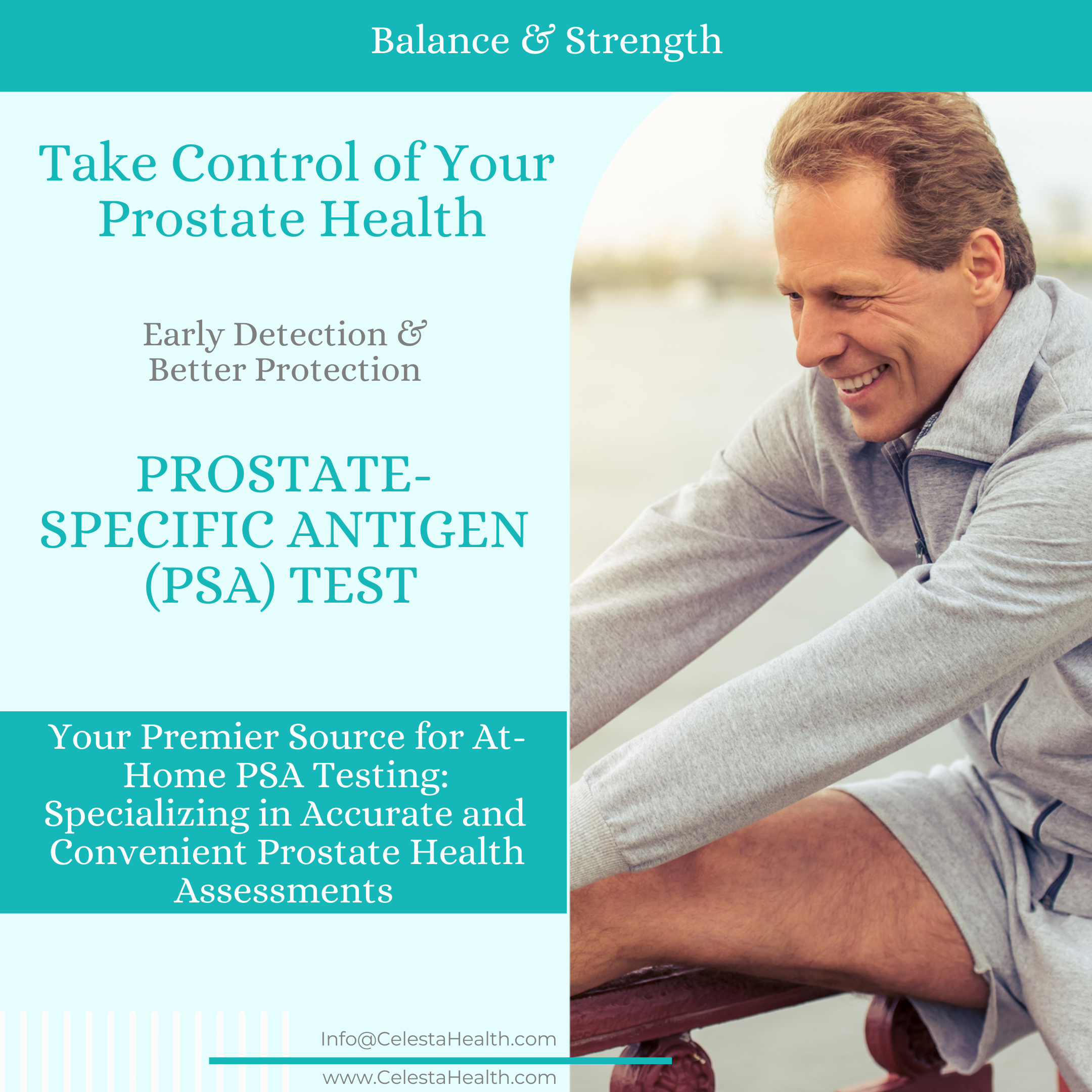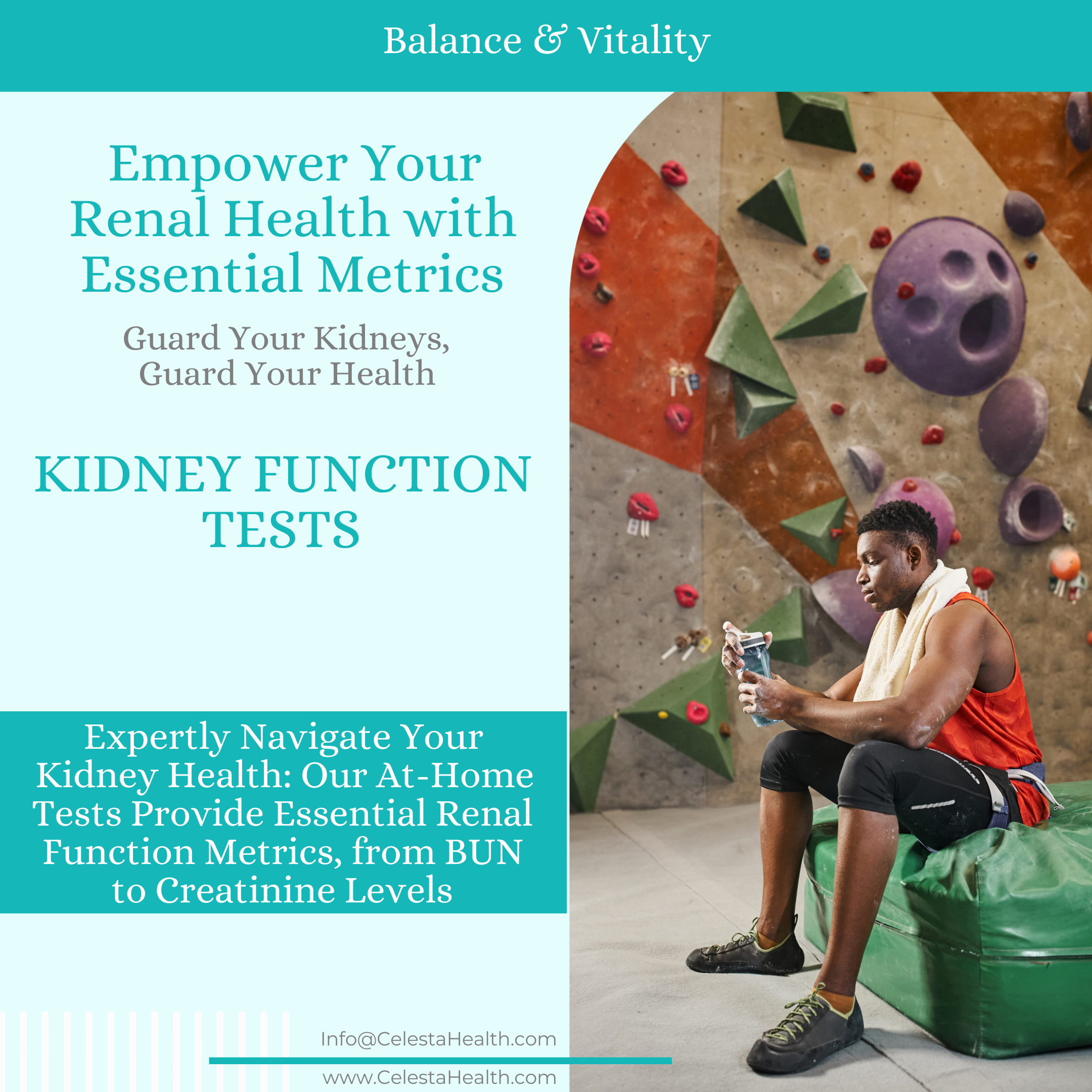Cardiac Risk Assessment (hs-CRP)
$89.00
Designed to detect inflammation through high-sensitivity CRP (Cardiac CRP), this test offers invaluable insight into potential coronary risks, aiding in proactive health management.
Secure Checkout
We encrypt all transactions.
CLIA Certified Lab
We meet & exceed all CLIA standards.
Access to Consultations
Consult with our Board-Certified Physicians.
Access to Coaches & Nutritionists
Award-winning Fitness & Nutrition Coaches.
What's Measured:
When to Test:
Existing Conditions: If you have conditions such as diabetes, hypertension, or a family history of heart ailments, testing your hs-CRP becomes important.
Post Lifestyle Changes: After implementing significant lifestyle modifications or starting medications, you might want to monitor how they impact your heart's health.
Special Instructions: CRP (C-reactive protein) levels can be influenced by various factors, including infections, recent surgeries, or conditions that cause inflammation. Activities like heavy exercise and some medications—such as statins, NSAIDs, and hormone replacement therapy—may also affect CRP levels.
This CRP test might not be suitable for those with chronic inflammatory disorders, like rheumatoid arthritis or inflammatory bowel disease, as these conditions can lead to persistently elevated CRP levels.
Should test results show high levels of CRP, the CDC and the American Heart Association advise retesting after two weeks.
Discussing the findings with a healthcare provider for appropriate interpretation and considering any further necessary medical action is essential.
Symptoms to Be Aware Of:
Shortness of Breath: A potential sign of heart-related concerns.
Unexplained Fatigue: Can be linked to cardiovascular issues.
Irregular Heartbeats: Rapid, fluttering, or pronounced beats that could suggest heart problems.




